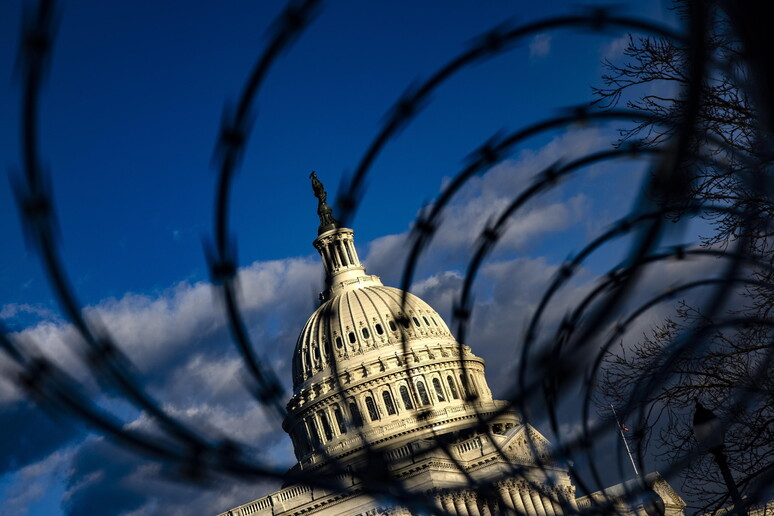Various states witnessed a polarizing legislation session last year as lawmakers across the country tackled high-profile topics and issues, some of which will be enacted this coming year.
In terms of inflation, many Democratic and Republican-led states passed measures to ease the effects of it as the economy remains a top concern for many voters with the 2024 election approaching.
However, certain states seemed to be split along party lines in relation to matters of abortion rights and gender-affirming care for minors. As Idaho and Louisiana are both set to pass a ban on gender-affirmative treatments that will take effect on Monday.
Although on the other side of the issue, Maryland was one of multiple Democratic-led states to pass protections for gender-affirming care for all ages. As of Monday, the state will require Medicaid to supplement coverage for such medical care.
Moving to abortion laws, there have been several near-total bans of the procedure that took place over the past year in red states, yet, some laws protecting abortion rights will take effect starting Monday. As Washington is passing a state law to make abortion procedures more accessible with different insurance coverages, and any health insurance plan issued or renewed starting the 1st will be prohibited from mandating cost sharing for abortions, which usually includes out-of-pocket costs and copays.
Additionally, California is enacting a law that will protect local healthcare providers from out-of-state litigation if they perform abortion services for patients originally from states with restrictive abortion laws. This protection will also extend to those who provide gender-affirming treatment for out-of-state patients.
Minimum wage is also a considerable measure being discussed heading into the new year, as nearly half of all U.S. states will increase their minimum wage going into 2024. The hikes will take effect in Alaska, Arizona, California, Colorado, Connecticut, Delaware, Hawaii, Illinois, Maine, Maryland, Michigan, Minnesota, Missouri, Montana, Nebraska, New Jersey, New York, Ohio, Rhode Island, South Dakota, Vermont, and Washington plus the capital, DC.
Lastly, a new federal law pertaining to student loans, financial aid, and retirement will allow student loan payments to boost 401(k)s for some workers. Under the new law, Secure 2.0, employers can match their employees’ qualifying student loan payments with a contribution to their retirement account.
The Department of Education also recently updated the Free Application for Federal Student Aid (FAFSA), making it shorter and easier to fill out along with making low-income borrowers more eligible for federal assistance.












